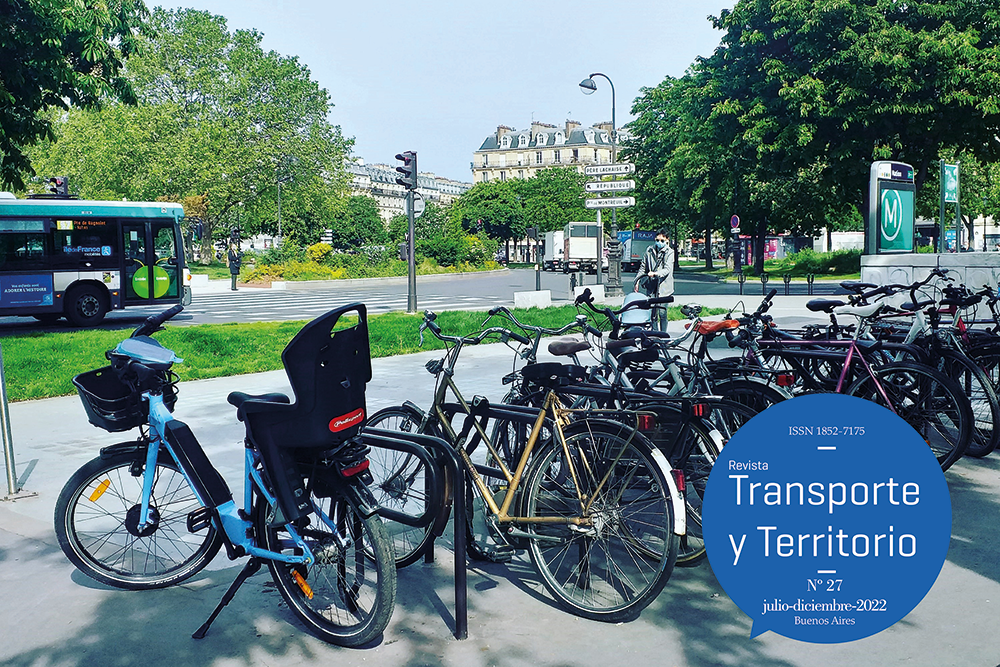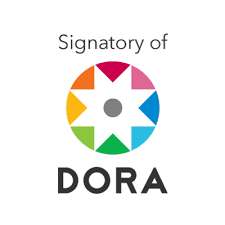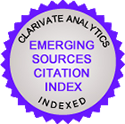Influence of ride-sourcing on the public transport demand among university students in the Metropolitan Area of Recife in the Covid-19 pandemic context
Keywords:
COVID-19. Ride-sourcing. Public Transport. Substitute mode. Complementary mode.
Abstract
This article analyzes the influence of ride-sourcing in reducing demand on public transportation systems among university students in the Metropolitan Region of Recife before and during the COVID-19 pandemic. The literature points out that, depending on the local context, the relationship between public transport and ride-sourcing can be one of competition or complementation. Because the pandemic's reality has had a significant impact on urban mobility, we sought to comprehend its implications in this context. The model chosen was logistic regression. A questionnaire via the web obtained 404 valid interviews. The results indicate that there was a reduction in the use of both modes during the pandemic, with the public system being considerably higher. The main reason for the use of public transport shifted from study to work, while in ride-sourcing it was no longer leisure. Higher education, the availability of a driving license, and higher income reduce the chances of using public transportation. Being formally employed and attending class personally positively influences the use of ride-sourcing. Public transportation was the most cited as a substitute in the case of unavailability of ride-sourcing and vice-versa. If ride-sharing transportation did not lead to the desired destination, public transportation was the preferred complementary mode. It was concluded that the effects of competition were stronger.Downloads
Download data is not yet available.
Published
2022-12-03
How to Cite
Oliveira de Andrade , M., de Freitas Dourado , A. B., & de Souza Jr. , S. R. L. (2022). Influence of ride-sourcing on the public transport demand among university students in the Metropolitan Area of Recife in the Covid-19 pandemic context. Revista Transporte Y Territorio, (27). https://doi.org/10.34096/rtt.i27.12214
Section
Dossier

1.jpg)

3.png)























